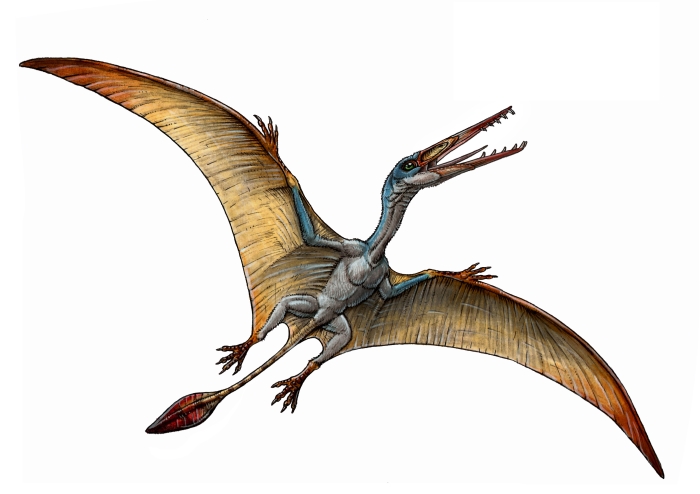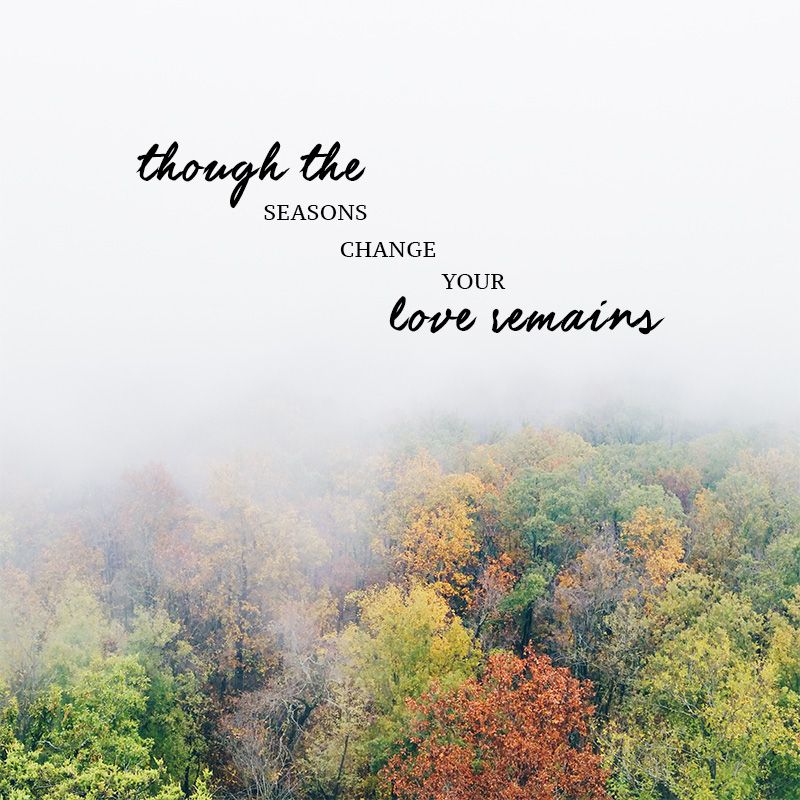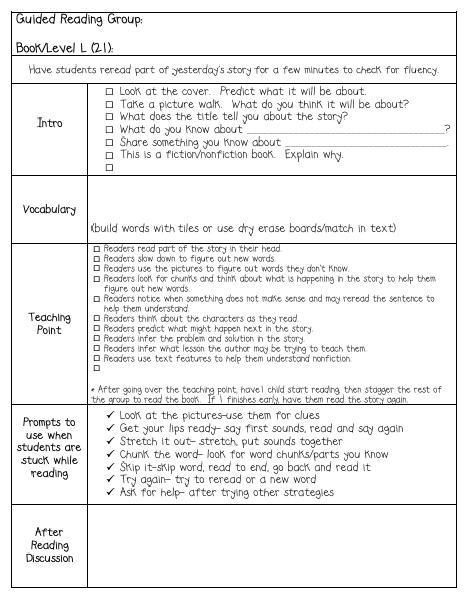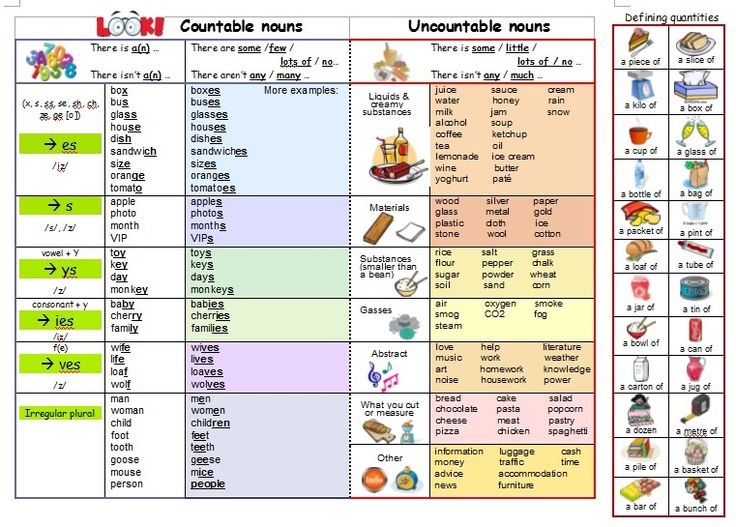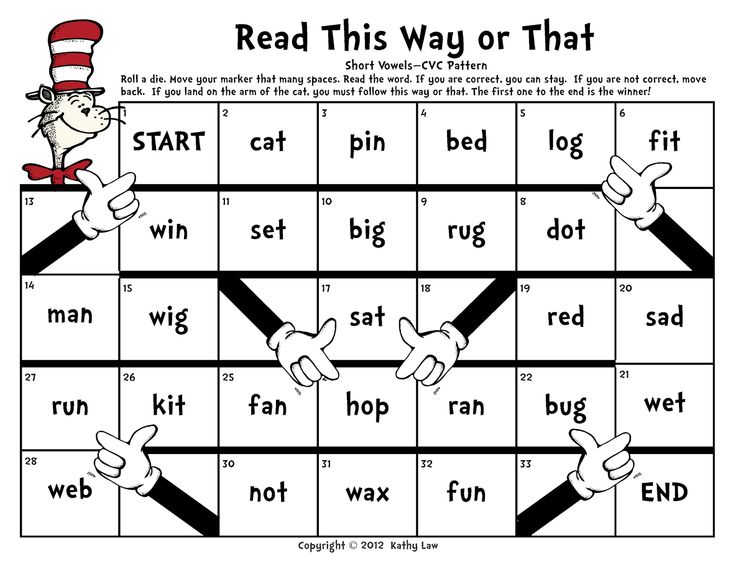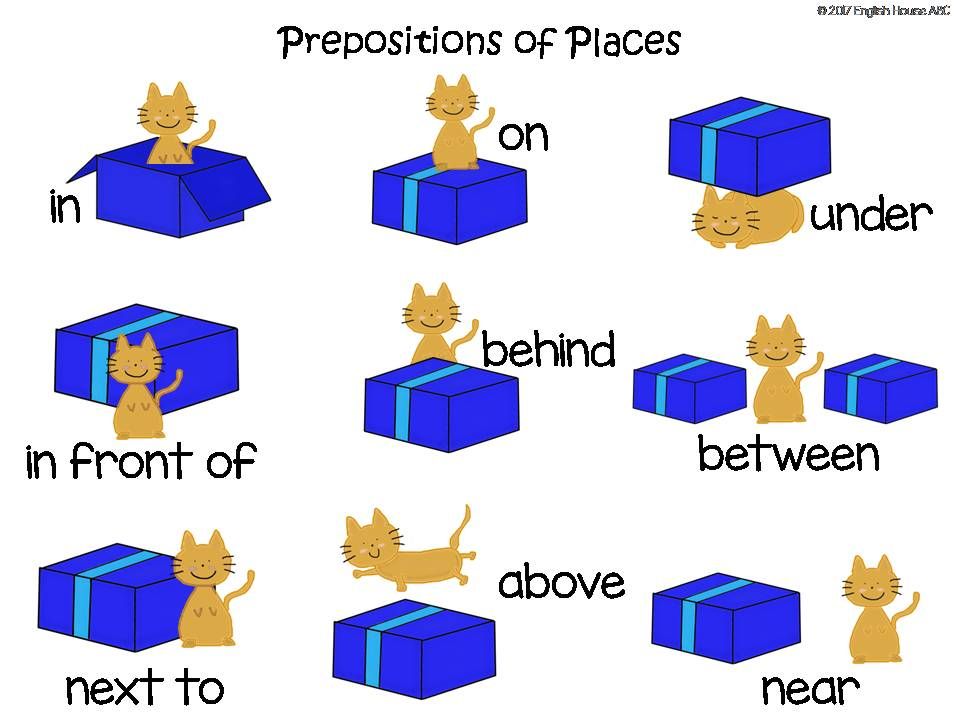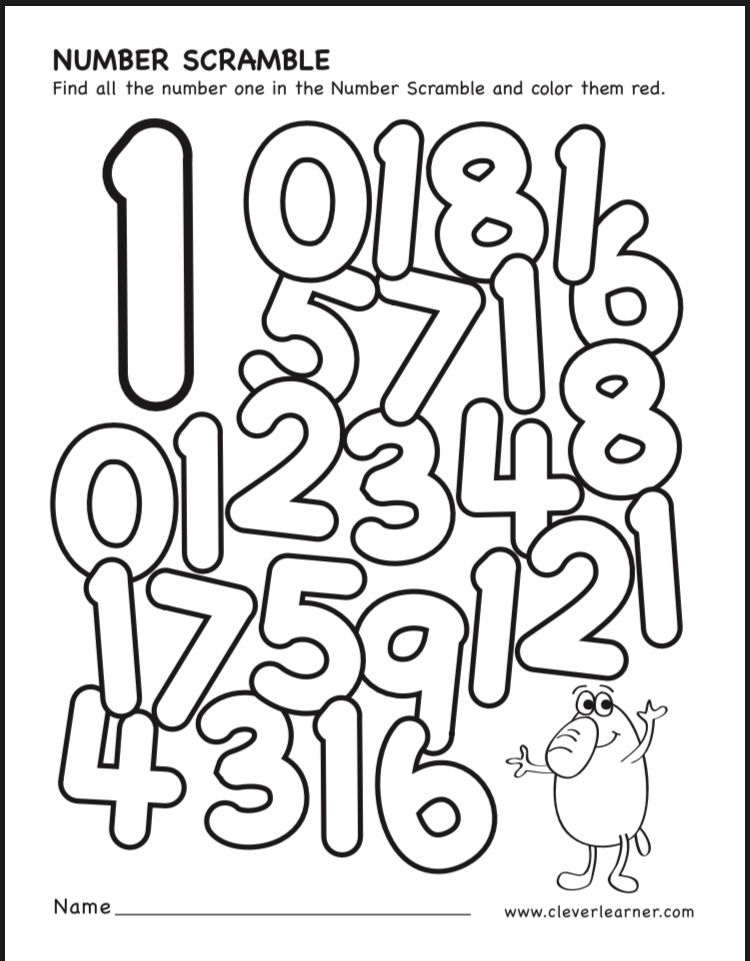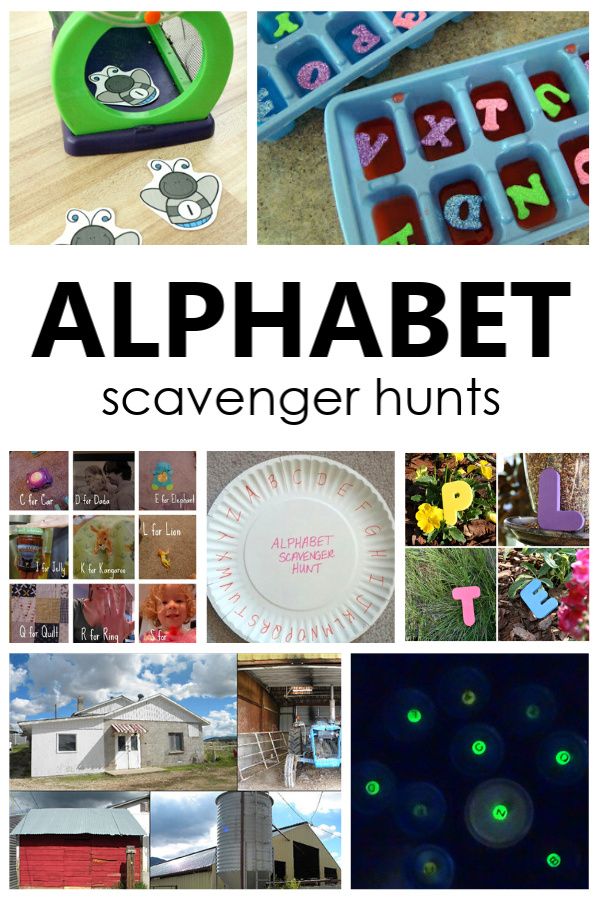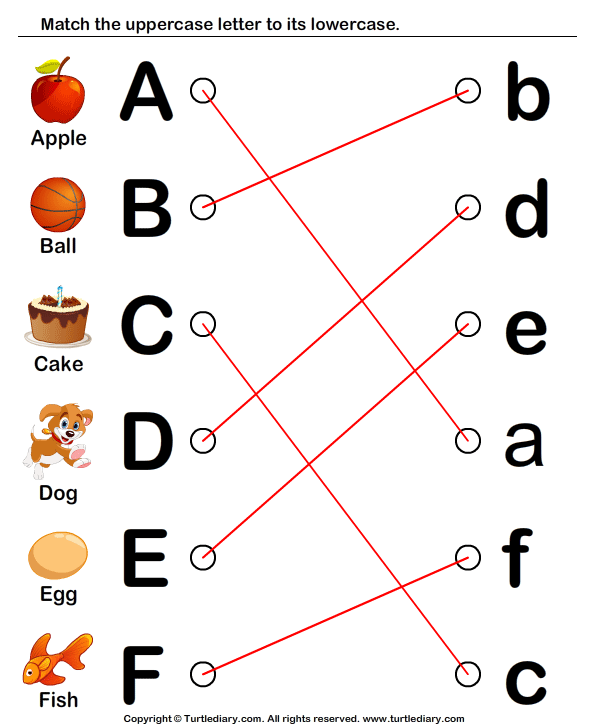Words that have the short a sound
'Short A' Words A page of words that start with the short A sound - in picture dictionary format. |
Match 'Short A' Words Match 10 words that have the short A sound. The words are cat, ham, bag, can, hat, man, mask, hand, pan, bat. Or go to the answers. |
Circle Short 'A' Words Circle 10 words that have a short A sound. The words are ant, apple, arrow, ax, adding, hat, bat, can, hand, and alligator. Or go to the answers. |
Short A Word Wheel Make a wheel about the words containing a short "a" sound using this 2-page print-out; it consists of a base page together with a wheel that spins around. When you spin the wheel, words containing a short "a" sound appear, including cat, hat, ax, rat, mask, ham, bag, apple, ant, can, man, and hand. The student then writes down the words. |
Short A Phonics Worksheet #1: Multiple Choice Each picture has three words that describe it. Choose the word that has a short "a" sound. The short "a" sound is the vowel sound in act, as, and at. Or go to the answers. |
Short A Phonics Worksheet #2: Multiple Choice Each picture has three words that describe it. Choose the word that has a short "a" sound. The short "a" sound is the vowel sound in act, as, and at. Or go to the answers. |
Write Eight Words That Have a Short A sound Find and write words that have a short A sound. Sample answers: dad, has, pat, sand, mad, glad, swam, path. |
Circle the Correct Spelling of Short A Words Circle the correct spelling of the words that have a short a sound, and then color the picture of the word. The words are ham, cat, bag, can, hat, man, rat, hand, bat, mask. |
Short A Spelling Word Questions Use the list of 'short a' spelling words to answer simple questions. 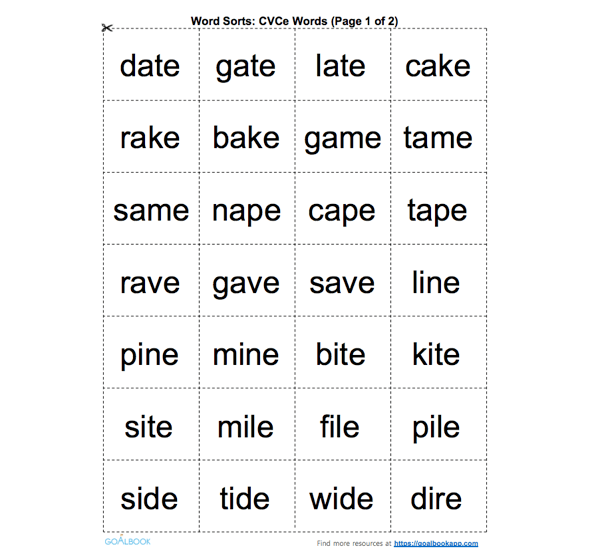 Words: back, bad, can, cat, dad, fat, hand, man, map, sad, sand, sat. Or go to the answers.
Words: back, bad, can, cat, dad, fat, hand, man, map, sad, sand, sat. Or go to the answers. |
Missing Letters in Words with a Short A Sound Find the missing letters in short A words, and then color the picture of the word. The words are cat, ham, bag, can, rat, hat, hand, pan, mask, bat. |
Unscramble Words with a Short A Sound Unscramble the short A words, and then color the picture of the words. The words are hat, mask, man, cat, ham, bag, pan, rat, bat, hand. |
Words That Start With the Letter A A tiny, printable book about simple words that start with A -- for early readers and writers. The book has 2 pages to print and makes 8 pages for the student to cut out, color, and write in. The words are: ant, apple, arrow, arm, ax, anchor, and "What else starts with a? |
Words that Rhyme with Ad A tiny, printable book about simple words rhyming with 'ad' -- for early readers and writers. 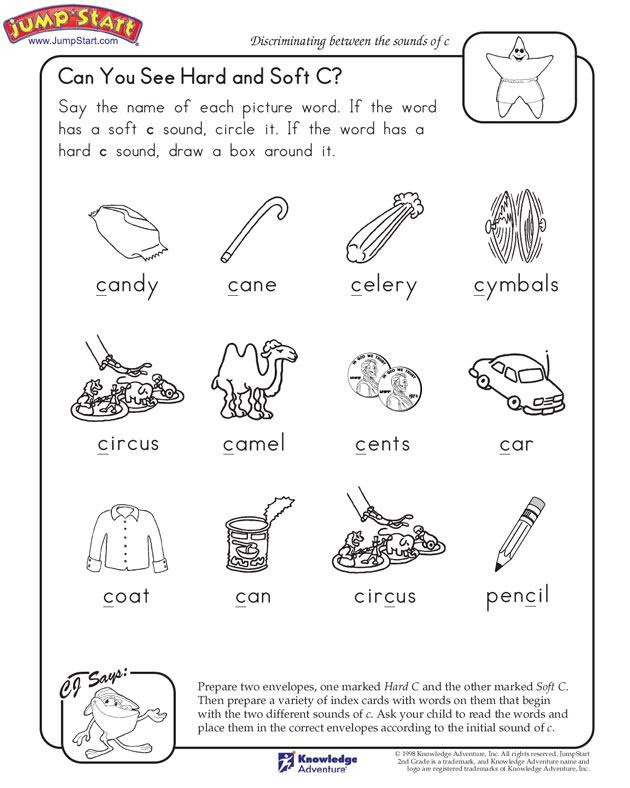 The book has 2 pages to print and makes 8 pages for the student to cut out, color, and write in. The words are: dad, glad, lad, mad, pad, sad, and "Can you think of another word that rhymes with ad?" The book has 2 pages to print and makes 8 pages for the student to cut out, color, and write in. The words are: dad, glad, lad, mad, pad, sad, and "Can you think of another word that rhymes with ad?" |
Words that Rhyme with At A tiny, printable book about simple words rhyming with 'at' -- for early readers and writers. The book has 2 pages to print and makes 8 pages for the student to cut out, color, and write in. The words are: bat, cat, hat, fat, rat, sat, and "Can you think of another word that rhymes with at?" |
List of Short Vowel Words
DESCRIPTION
pig illustration with list of short vowel words examples
SOURCE
Bullet_Chained / iStock / Getty Images Plus / via Getty created by YourDictionary
PERMISSION
Used under Getty Images license
The English language provides a list of short vowel words that seem to be never ending.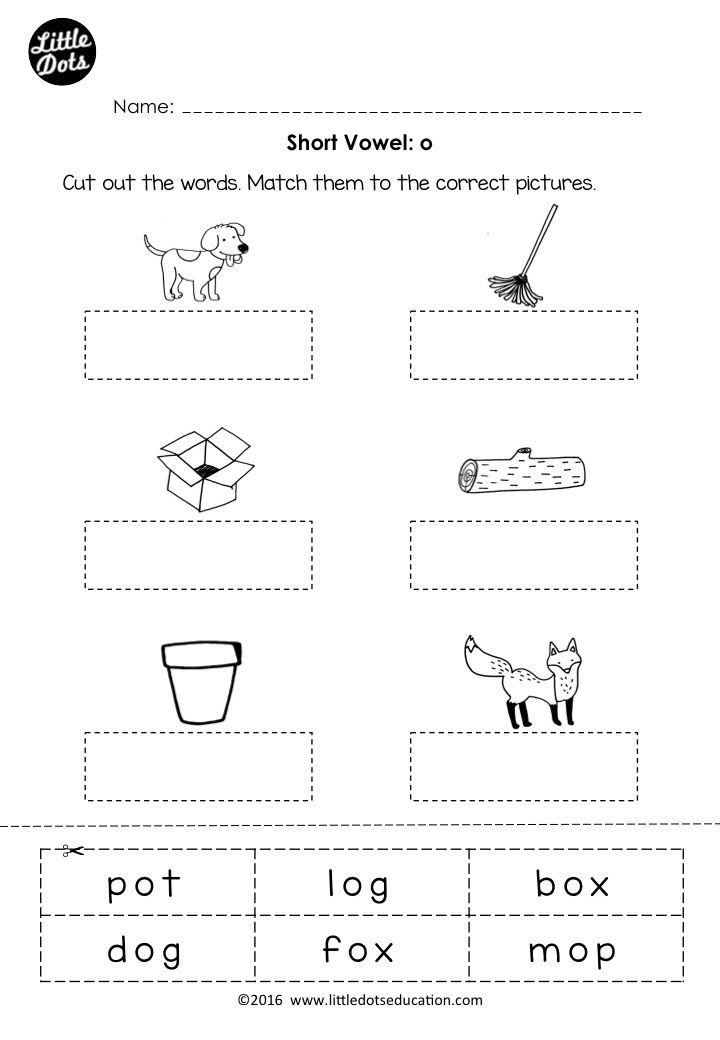 A short vowel word is any word that doesn't allow the vowel within it to generate that vowel's long vowel sound.
A short vowel word is any word that doesn't allow the vowel within it to generate that vowel's long vowel sound.
For example, the word "bug" is a short vowel word because there's no long "U" sound. A word doesn't necessarily have to have three letters to be a short vowel word, but it makes for the easiest example and three-lettered words make up the bulk of any list of short vowel words. Let's take a look.
Short Vowel Sounds in Words
Here's the reason why words with only three letters typically make the short vowel sound. Three letters usually don't allow for a second vowel to force the long vowel sound out. Exceptions include words like "bee" or "tea."
These words use a second vowel to force the long vowel sound from the first one, while other words like "ant" or "mat" use the placement of consonants to force a short vowel sound.
But, here's an important point to keep in mind. The words listed below are short vowel sounds, not short vowel spellings.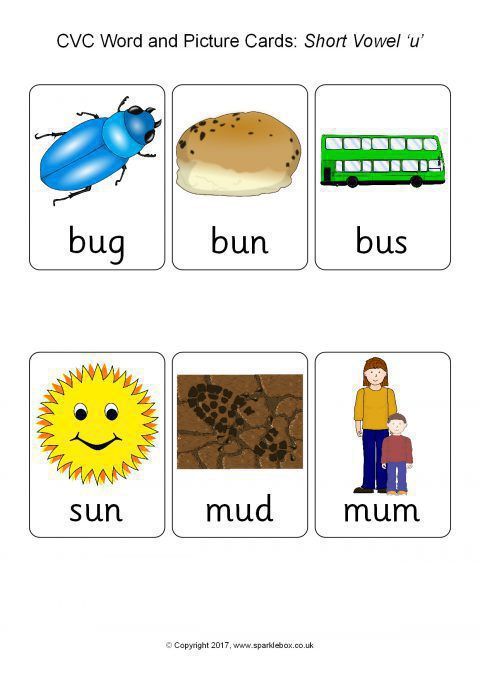 That is, just because a word is short, doesn't mean it will automatically have a short vowel sound. And vowel as written doesn't always correspond with the sound it makes. Take the word "pretty." The E is sounded like a short I, and the Y is sounded like a long E. Phonetically, it sounds more like "prit-tee," not "pret-tai."
That is, just because a word is short, doesn't mean it will automatically have a short vowel sound. And vowel as written doesn't always correspond with the sound it makes. Take the word "pretty." The E is sounded like a short I, and the Y is sounded like a long E. Phonetically, it sounds more like "prit-tee," not "pret-tai."
Likewise, we can't assume a long word will automatically have a long vowel sound. Let's look at the word "business." The U and E in "business" are also sounded like a short I, and the I is silent altogether. Phonetically speaking, we don't pronounce it "buss-eye-ness." It's more like "biz-niss." With that in mind, let's explore more short vowel words, sorted by letter.
Advertisement
Short "A" Words
The short A sound is what you hear in words like "bat" or "map." Here are some other great examples of words with the short A sound.
| act | apt | ask | bat | bad | bag | cat |
| cap | cab | dad | dab | Dan | fan | fat |
| fad | gap | gab | gal | gas | ham | has |
| had | hat | jab | jam | lab | lad | lag |
| lap | man | mad | mat | map | nap | pan |
| Pam | pad | pal | ran | ram | rag | rat |
| Sam | sad | sag | sat | sap | tab | tan |
| tad | tag | tap | van | vat | yam | zap |
Short "E" Words
The short E sound is what you hear in words like "gem" or "hem. " Here are some other great examples of words with the short E sound.
" Here are some other great examples of words with the short E sound.
| ben | bed | beg | bet | den | fed |
| gem | get | gel | hen | hem | jet |
| keg | led | leg | let | men | met |
| net | pen | peg | pet | red | set |
| ten | Ted | vet | yet | wed | wet |
Short "I" Words
The short I sound is what you hear in words like "dim" or "fib.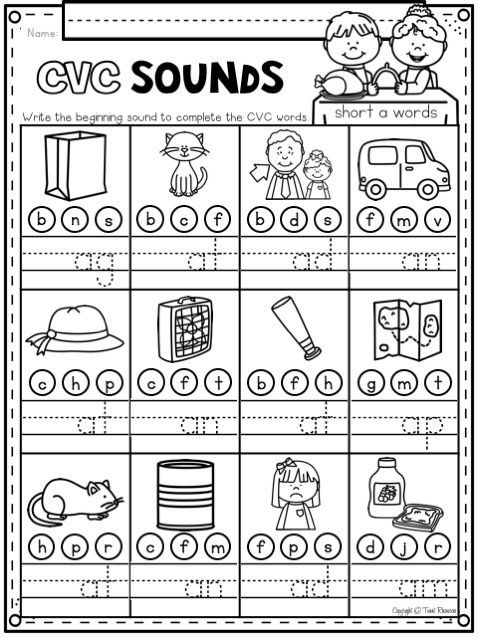 " Here are some other great examples of words with the short I sound.
" Here are some other great examples of words with the short I sound.
| bin | bid | big | bit | dim | did |
| dig | dip | fin | fig | fit | gin |
| gig | him | his | hid | hit | hip |
| jib | jig | kin | kid | kit | lid |
| lit | lip | nip | pin | pig | pit |
| rim | rid | rig | rip | sin | sit |
| sip | tin | tip | win | wit | zip |
Advertisement
Short "O" Words
The short O sound is what you hear in words like "con" or "nod.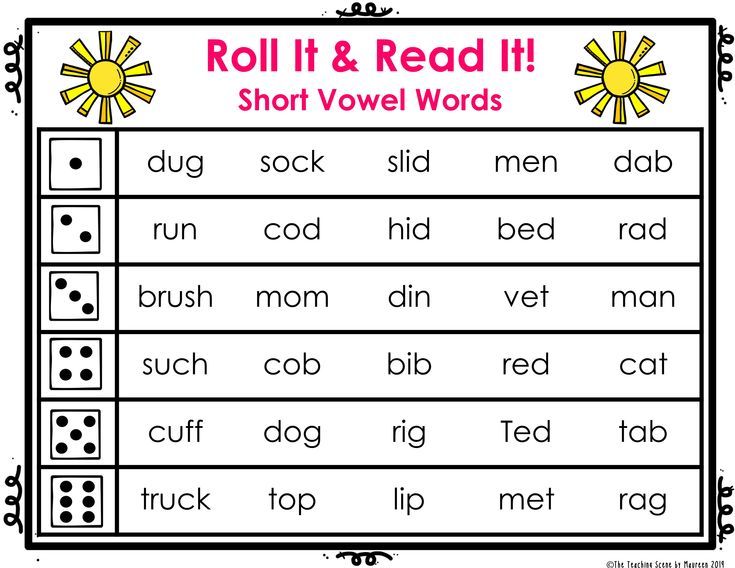 " Here are some other great examples of words with the short O sound.
" Here are some other great examples of words with the short O sound.
| bog | bop | con | cod | cog | cot |
| cop | don | dog | dot | fog | god |
| got | hog | hot | jog | jot | lob |
| log | lot | lop | mob | mom | mop |
| nod | not | odd | pod | pop | pot |
| rod | rot | sod | Tom | tot | top |
Short "U" Words
The short U sound is what you hear in words like "bus" or "hum. " Here are some other great examples of words with the short U sound.
" Here are some other great examples of words with the short U sound.
| bun | bum | bus | bud | bug | but |
| cud | cut | cup | dug | fun | gun |
| gum | Gus | gut | hum | hug | hut |
| jug | jut | lug | mug | nun | nut |
| pun | pug | pup | rub | run | rum |
| rug | rut | sub | sun | sum | tug |
List of Short Vowel Words Printable
Click to View & DownloadUsing Short Vowel Sounds
Though the above list of words with short vowels is incomplete, you can use it to understand the basic usage for the short vowel sounds.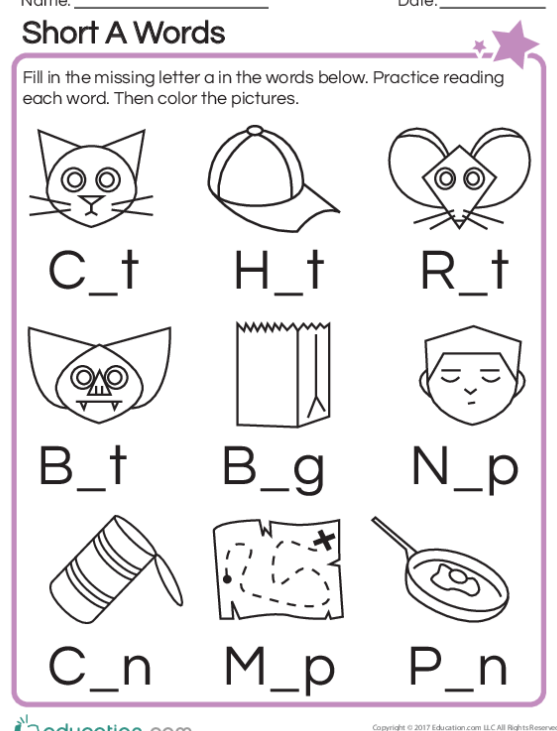 These short vowel sounds are often used in larger words as well. You might see them in words that also contain long vowel sounds, or even in two-lettered words, like "in," "it," and "at." Longer words, such as "magistrate" or "fascinate," use both short long vowel sounds.
These short vowel sounds are often used in larger words as well. You might see them in words that also contain long vowel sounds, or even in two-lettered words, like "in," "it," and "at." Longer words, such as "magistrate" or "fascinate," use both short long vowel sounds.
Some words use the short vowel sound and the long vowel sound, depending on the tense of the word. Words like "read," for example, are pronounced as the long vowel sound when the tense is present. For example, "We are reading this list of short vowel words."
However, when the tense is changed from present to past tense, the long vowel sound is taken away and the short vowel sound is introduced in the same word. For example, "I read the list of short vowel words, and understand much better now."
Advertisement
Pronunciation Pros
If you're teaching short vowel sounds to little learners, practice makes perfect. If you're teaching ESL students, here are some tips and resources for teaching ESL pronunciation. And, when you're ready for the flip side of the coin? Take a look at these examples of long vowel words too. You might also want to explore when "y" is a vowel.
And, when you're ready for the flip side of the coin? Take a look at these examples of long vowel words too. You might also want to explore when "y" is a vowel.
Pronunciation of English sounds: æ, a:, ʌ. Detailed instructions.
Learning the correct English pronunciation is another challenge. The first difficulty is mastering the rules of reading, because words in English are read quite differently from how they are written. By the way, there is an excellent video about this phenomenon in our Material Library. I advise you to look!
The second difficulty: even if your reading rules bounce off your teeth, and you know exactly which combination of letters - which sound means, you need to learn how to pronounce this sound. At the same time, it seems that the most “invincible” sounds for us are those that have no analogues in our language (like /w/ , /θ/, /ð/ ).
However, sounds that have “twins” in Russian turn out to be no less complex, because we, willy-nilly, replace them with our own, relatives.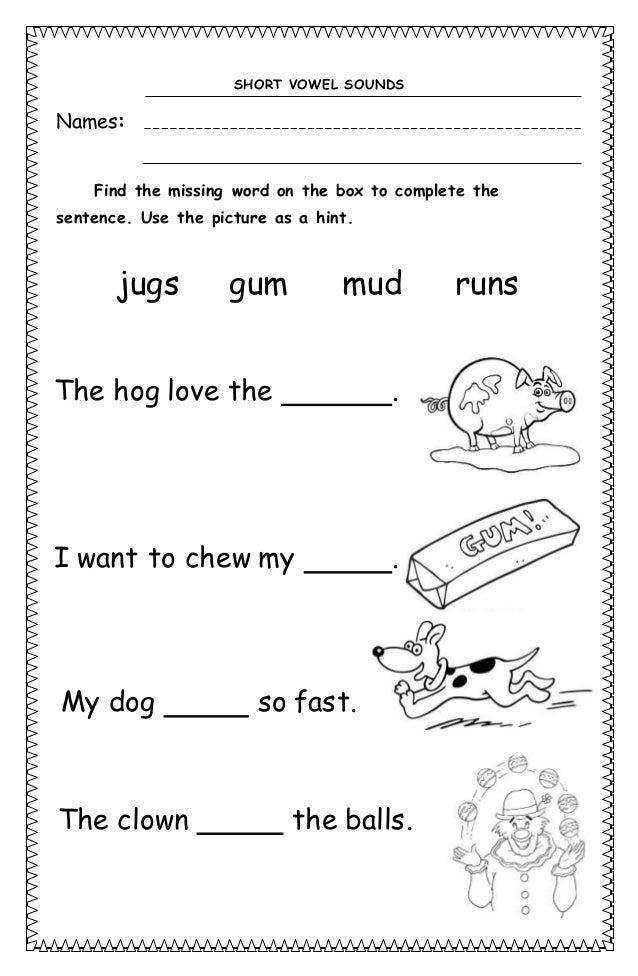 In this article, we will polish the pronunciation of three such sounds: / æ / , / ʌ / , / a: / .
In this article, we will polish the pronunciation of three such sounds: / æ / , / ʌ / , / a: / .
Let's do it according to the following scheme:
- Let's deal with pronunciation in detail in theory;
- Let's practice on a special set of words and tongue twisters for the sounds of the English language;
- Finally, let's find an example of the use of sound in a well-known song so that it is imprinted forever in the auditory memory.
What's wrong with these sounds?
Why these sounds? Because we often replace them with one - Russian / a /, which creates our rather recognizable accent ( /æ/ can also be replaced by Russian /e/ ) .
Before starting, I will immediately make a reservation that I will not dwell on the rules of reading : the question is quite extensive, and the purpose of the article is to “train” on the correct pronunciation of the sound itself.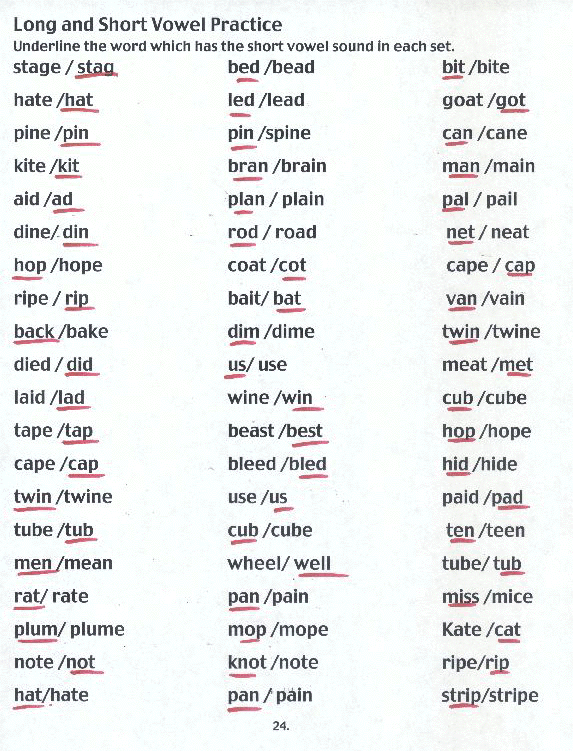 The second caveat: the article will use British pronunciation of words (I will indicate below which words are being discussed).
The second caveat: the article will use British pronunciation of words (I will indicate below which words are being discussed).
Sound /æ/ - neither A nor E
It is pronounced in such words as man , that , dad , etc. This sound is called "frog" or "butterfly" for convenience, but its scientific name is "Near-Open Front Unrounded Vowel" .
How the speech apparatus works: the tongue is moved forward, the tip of the tongue touches the lower teeth. The middle back of the tongue is slightly curved forward and upward. The distance between the jaws is significant. Throat and tongue tense. The sound is short.
Possible error: replacing the sound / æ / with / e / or / a / , although this sound is neither. If we look for parallels with Russian phonemes, then it looks more like that sound / a /, which we use after soft consonants in the shock position (compare the sound in the word P A Litse and P 9000 Litsev - agree different!).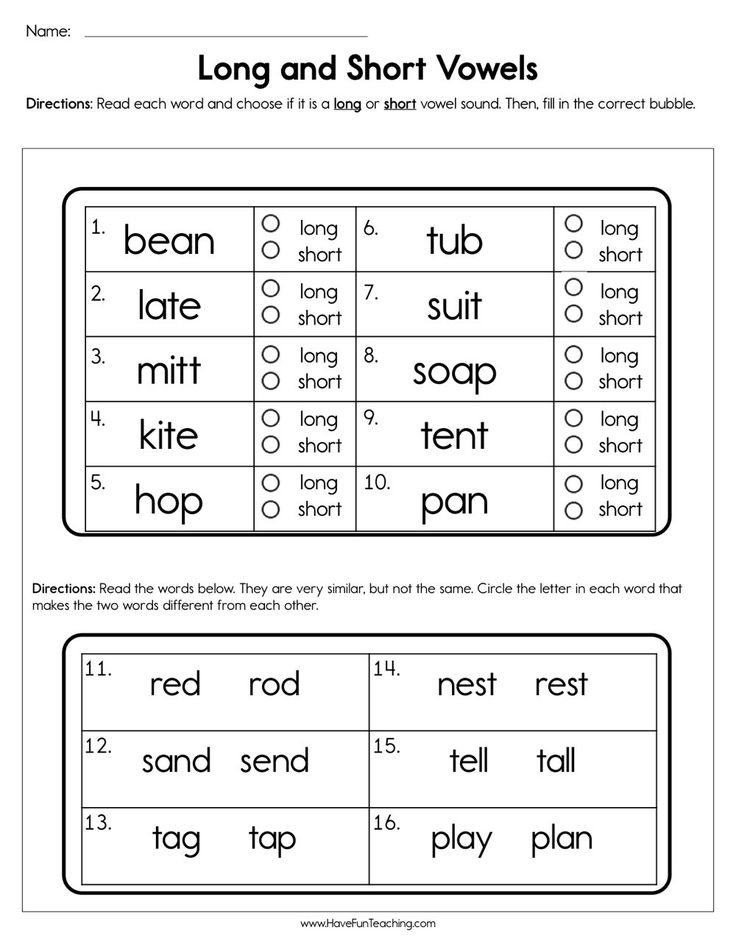 At the same time, the corners of the lips move apart further from each other than for the word p i faces (as if you want to smile).
At the same time, the corners of the lips move apart further from each other than for the word p i faces (as if you want to smile).
Another tip: prepare your mouth for the sound / e / (for example, start saying the word in e shch ), hold the speech apparatus in this position, but say the sound / a / .
If it's still hard to understand, I'll describe one more technique: try to “push” the lower jaw down with the tip of the tongue , but at the same time remember about the “approaching smile” (the corners of the lips stretched to the sides). Happened? Approximately this position will have your articulatory apparatus when pronouncing this sound (see the picture).
At the link you will find a very useful video from Rachel's English from which this screenshot was taken.
So, we learned how to pronounce, now we need to fix the result. To do this, I propose to say a few dozen monosyllabic words with this sound.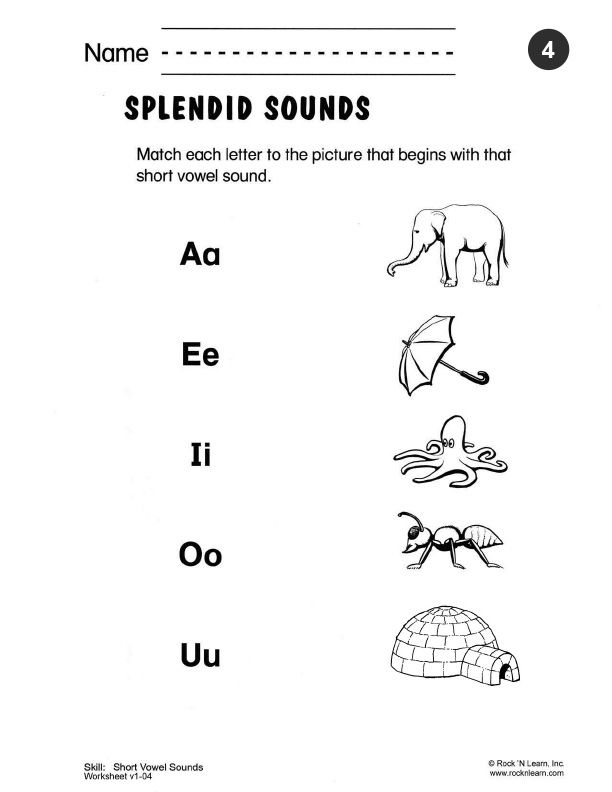 We adjust the speech apparatus to the desired position and start training:
We adjust the speech apparatus to the desired position and start training:
bad /bæd/
map /mæp/
add /æd/
plan /plæn/
lamp /læmp9
fat /fæt /fæt bæk/
can /kæn/
man /mæn/
hand /hænd/
fact /fækt/
Crab/ Kræb/
Catch/ Kætʃ/
Trap/ Træp/
Stamp/ Stæmp/
DAMP/ Dæmp/
Lap/ Læp/
Bank/ Bæŋk/
DAD/ DAD/ DAD/ DAD/ DAD/ DAD/ DAD/ DAD/ DAD/ DAD/ DAD/ DAD/ DAD PAD / Pæd /
Mad / Mæd /
that / ðæt /
LaD / LQUA /
CAP / Kæp /
HAT / HQ /
Black / Blæk /
Scat / Skæt /
Rank / Rank / Rank / Rank / ræŋk/
gas /ɡæs/
rack /ræk/
Now practice your tongue twisters. Just in case, the /æ/ sound is in bold: 9 a t st a nd h a nd in h a nd.
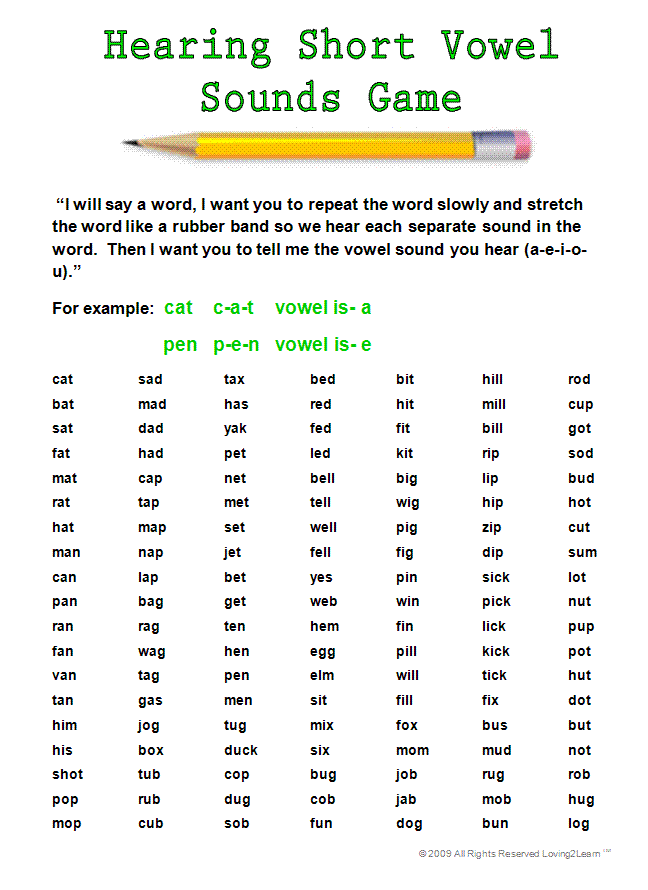 P a t’s f a t c a t is in P a t’s h a t.
P a t’s f a t c a t is in P a t’s h a t. In conclusion, the promised phrase from the song, which will firmly sit in your memory and will always remind you of the correct pronunciation:
I’m the Sc a tm a n!
Sound / ʌ / - let's find it in Russian In the linguistic people it is called "lid", but its full name is "
Open Mid-Back Unrounded Vowel" .How the speech apparatus works: the tongue is not tense, located in the central part of the oral cavity, slightly pushed back. The back of the tongue rises to the front of the soft palate up to half the distance. The sound is short.
This time we are lucky: the sound has an analogue in Russian - it is prestressed /a/ or /o/ in words like n o went, k a koi, m a tras etc. (Compare the sounds in the Word l O VE and L O VI , or G U G 9000 9000 9000 9000 9000 nor , where /o/ is exactly in pre-strike position).
(Compare the sounds in the Word l O VE and L O VI , or G U G 9000 9000 9000 9000 9000 nor , where /o/ is exactly in pre-strike position).
It turns out that we do not need to learn how to pronounce this sound from scratch. Let's consolidate the result and compare this sound with the previous one (so that the information is not confused in the head).
Now it's time to practice this sound on a set of monosyllabic words.
BUT/ Bʌt/
Love/ Lʌv/
Blood/ Blʌd/
Come/ Kʌm/
SOME/ Sʌm/
Much/ Mʌtʆ/
SUCH/ SʌTʃ/
DALL/ DALL/ DALL/ DALL/ DALL/ DALL/ DALL/ DALL/ DALL/ DALL/ DALL/ DALL/ DALL/ DALL/ DALL/ DALL/ DALL Gun / Gʌn /
Duck / dʌk /
Luck / Lʌk /
Puck / pʌk /
DOES / Dʌz /
Cup / Kʌp /
UP / ʌP /
Bus / BʌS /
Bun / Bun / Bun / Bun / bʌn/
CUT / Kʌt /
Fun / Fʌn /
NUT / NʌT /
HUT / HʌT /
SUM / Sʌm /
Numb / Nʌm /
Thumb / θm /
Dumb / Dʌm /
Crumb/ Krʌm/
Nun/ Nʌn/
Done/ Dʌn/
Son/ Sʌn/
We fix the result with tongue twisters:
- D OE U U U U.
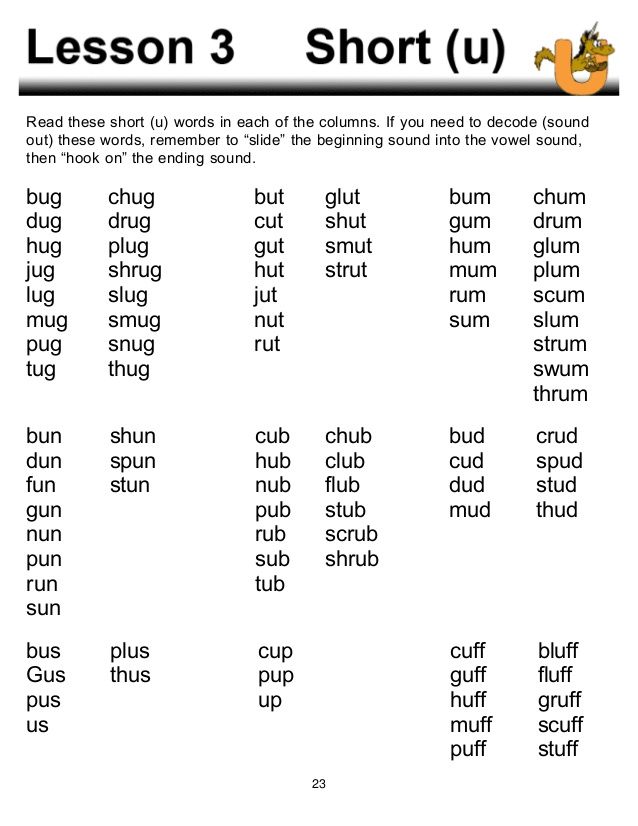 o ther M o nday
o ther M o nday - Don't tr ou ble tr ou ble until tr ou ble tr ou bles you. It only d ou bles tr ou ble and tr ou bles o thers, too.
- A f u nny p u ppy r u ns in fr o nt of a p u b. A fl u ffy p u ppy r u ns in fr o nt of a cl u b.
Traditionally, a line from a song. In my opinion, the composition of Robbie Williams “Come undone” is perfect for the “lid”, where he pronounces this sound 5 times in a row at the end of the chorus:
Because I'm sc u m. And I'm yours o n. I c o me u nd o ne.
Sound / a: / - show your throat to the doctor0006 ,
hard .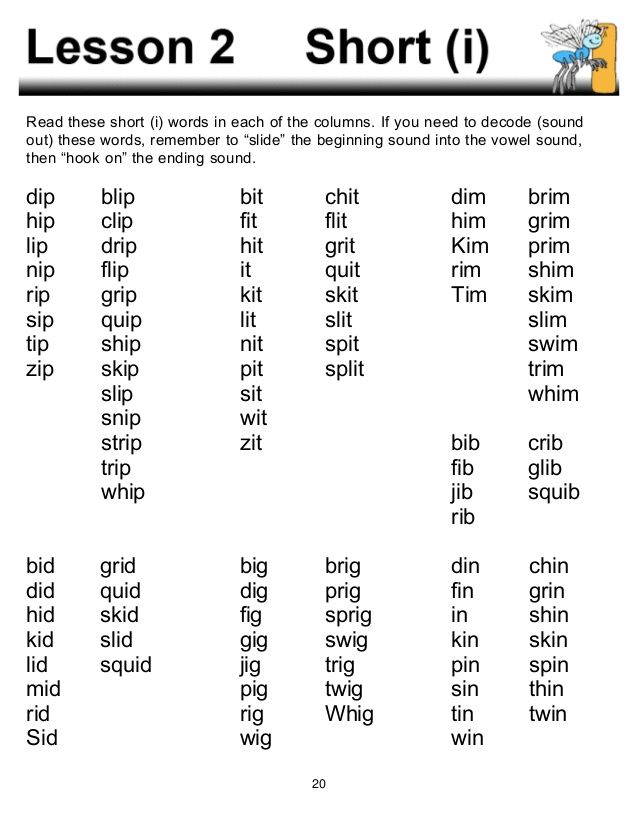 In terms of articulation and sound, the sound resembles that which we pronounce when showing the throat to the doctor.
In terms of articulation and sound, the sound resembles that which we pronounce when showing the throat to the doctor. How the speech apparatus works: from Russian / a / it differs in that the tongue moves further back and down and lies as flat as possible (imagine that the doctor presses the tongue with a spoon). With the correct pronunciation of the sound, you can see the soft palate in the mirror, which is impossible when pronouncing the Russian . The sound is long.
Now let's move on to practice on a set of words. Note that this is where the differences between the British and American pronunciations will be observed. As you know, Americans replace the sound / a: / with the sound / æ / in words like dance , ask , class , etc.
Another difference: in words like car , far , star - Americans use the short sound / a / and pronounce / r / at the end.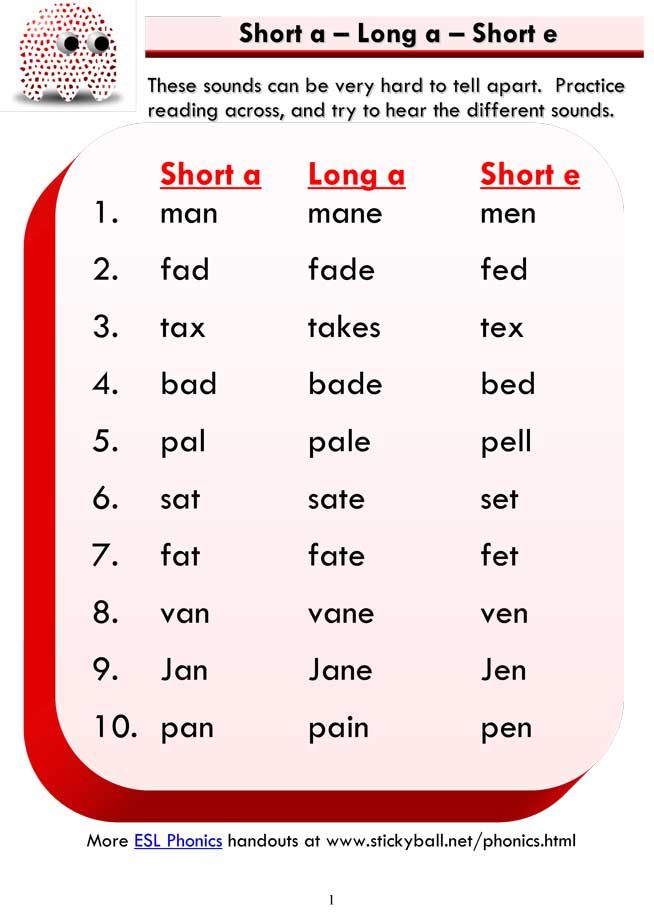 For convenience, we will stick to the British pronunciation.
For convenience, we will stick to the British pronunciation.
CAR /Kɑː R /
Star /STɑː R /
FAR /Fɑː R /
PARK /PɑːK /
DARK /DɑːK /DɑːK /DɑːK /DɑːK /DɑːK /DɑːK /DɑːK /DɑːK /DɑːK /DA /
ask /ɑːsk/
task /tɑːsk/
fast /fɑːst/
last /lɑːst/
half /hɑːf/
Bath / bɑːθ /
PART / PɑːT /
HARD / HɑːD /
GLASS / ɡLɑːS /
GRASS / ɡRɑːS /
CHANCE / Tʃɑːns /
AUNT / ɑː
GRASP / ɡRASP / ɡRASP / ɡRASP / ɡRASP / ɡRASP / ɑːt /
Calm / Kɑːm /
Laugh / Lɑːf /
LARGE / LɑːDʒ /
Pass / PɑːS /
ARM / Now let's work out the sound on tongue twisters:
- B a rbara B a rton is a rt and p a rt of the p a rty.
- C a rs can’t be p a rked at the p a rk a fter d
- M a rgaret and Ch a rles a re d a ncing in the g
- M a rk's c a r's f a ster than B a rt's c a r.
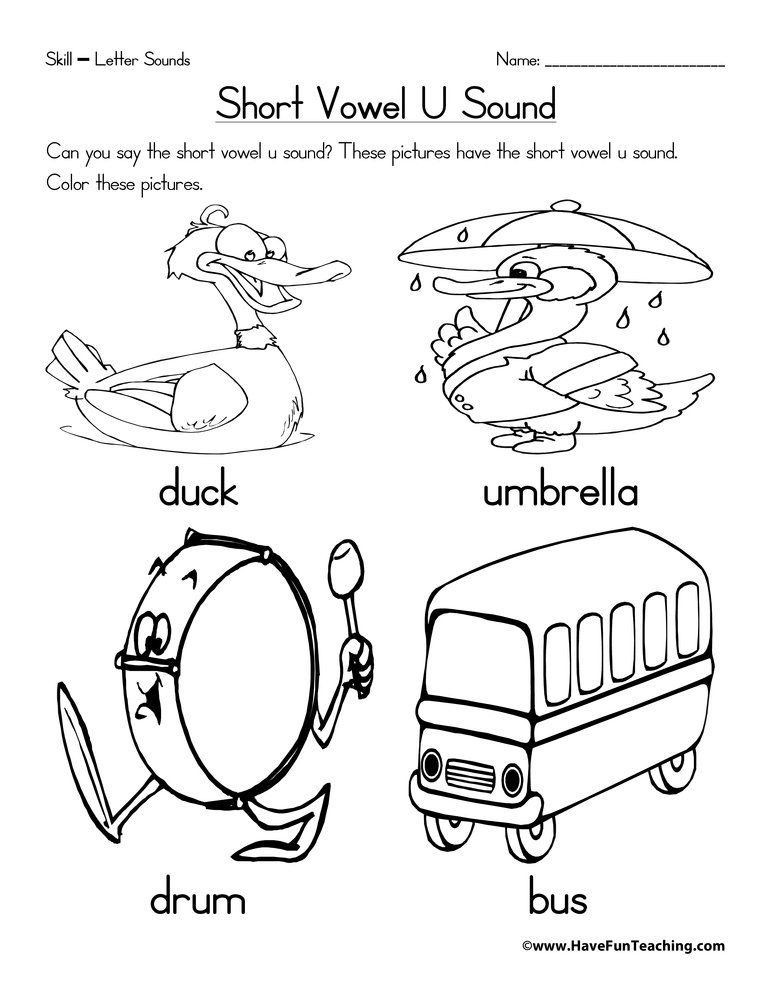 B a rt's c a r's sm a rter than M a rk's c a r.
B a rt's c a r's sm a rter than M a rk's c a r.
As an audio reminder, we take the refrain from unforgettable Beatles:
Baby You Can Drive My C A R
9000 YES I'M Gonna Be A ST A ST A ST A ST A ST 9000 9000 9000 A 9000,000 9000 9000 R
Shall we start a regular column?
So, I hope these sounds are engraved in your memory and will never be confused with each other. By the way, we decided to make such a detailed analysis of similar sounds a permanent blog column. If you are for - mark it in the comments to the post 🙂 See you soon!
Read the continuation of the rubric at the link.
English pronunciation [ ʌ ]
- Home
- Pronunciation
The sound [ ʌ ] is a short, unstressed vowel.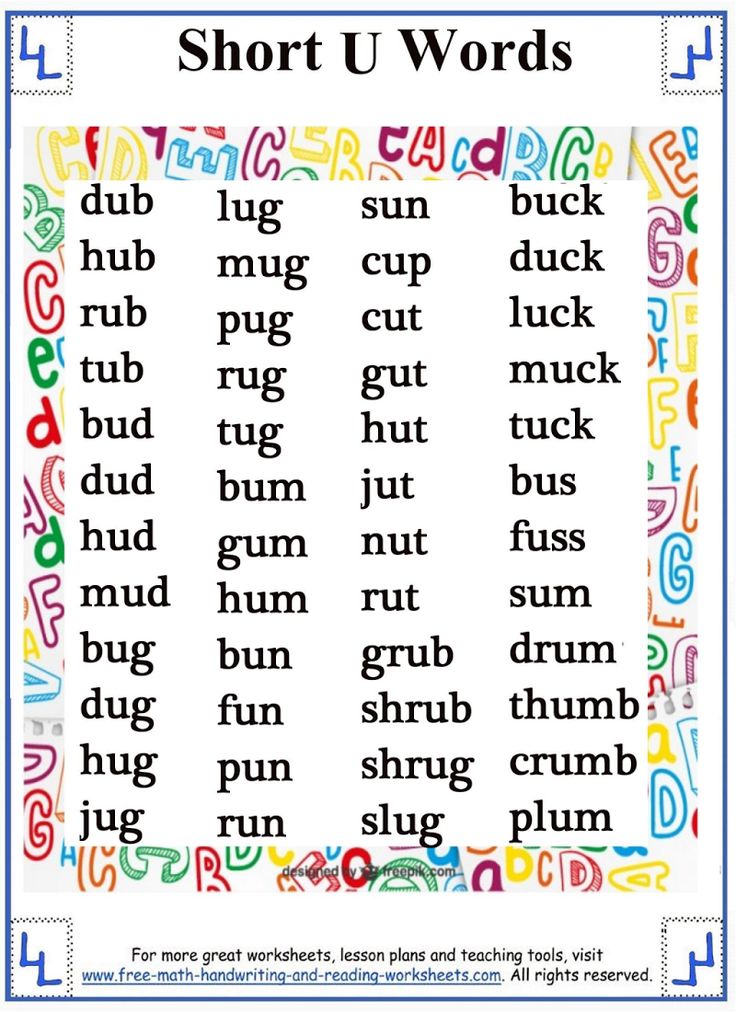 When pronouncing [ ʌ ], the mouth is half open, the lips are neutral. The tongue is slightly retracted from the base of the lower teeth. If we pronounce the Russian sound [ a ], then we significantly move the tongue away from the teeth, and do not stretch the lips. Sound [ ʌ ] is similar to the Russian unstressed sound [ a ] in the word "osa".
When pronouncing [ ʌ ], the mouth is half open, the lips are neutral. The tongue is slightly retracted from the base of the lower teeth. If we pronounce the Russian sound [ a ], then we significantly move the tongue away from the teeth, and do not stretch the lips. Sound [ ʌ ] is similar to the Russian unstressed sound [ a ] in the word "osa".
Compare:
| "mach" - much - a lot |
| "buck" - buck - buck |
| "pan" - pun - pun |
| "himself" - some - a few |
| "cap" - cup - cup |
Other examples of English words with sounds [ ʌ ]:
| but [ bʌt ] - but | come [ kʌm ] - come |
| love [ lʌv ] - love | country [ kʌntri ] - country |
| dull [ dʌl ] - boring | us [ ʌs ] - us |
| gun [ gʌn ] - gun | ugly [ ʌgli ] - ugly |
| summer [ sʌmə ] - summer | study [ stʌdi ] - study |
In the letter , the sound [ ʌ ] is transmitted:
- letter u if it is followed by one or more consonants: but, dull, just, gun, under.
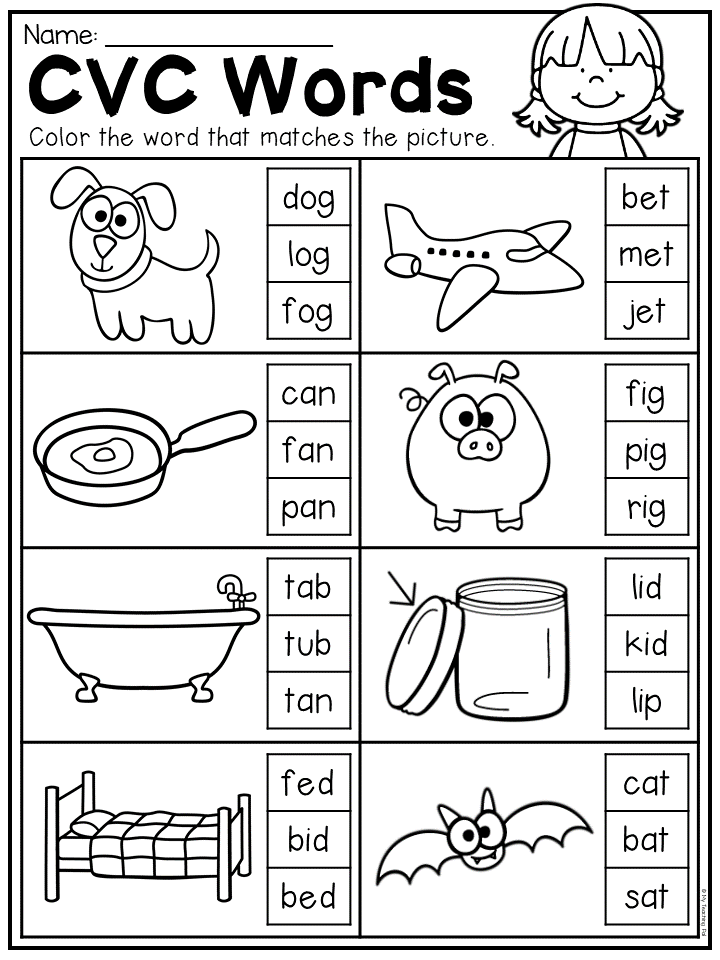
Learn more

